Wow! What a fantastic Louisville Manufactured Home Show! Since I had not been to the Louisville show in over a decade, I did not know what to expect in terms of attitude and atmosphere. If you were unable to attend, let me tell you that you missed a fantastic opportunity to network with some amazing and knowledgeable industry professionals. The excitement and optimism set the stage for an electrifying atmosphere. Whether your company is in retail, communities, manufacturing, finance, insurance, service or supply there were people, tools and resources available to help you succeed and grow. Various workshops, forums and seminars were conducted by some of the industry’s best and brightest.
Hopefully, a similar line up and opportunities will be available at the Tulsa and Tunica Shows in March.
My role as an industry observer that sought information for a doctoral dissertation enabled me to interact with professionals from different segments. As always, it was nice to see old friends from my own days in manufactured home retailing that have weathered the storm of the housing downturn. It was also an honor to meet and network with industry professionals that shared their knowledge and experience. Their presence is proof that companies have recognized the need for change and are proactively adapting to the market.
One of the common themes among show participants was the need to attract better quality buyers and develop strategies to compete with traditional site built homes.
The mindset seems to be shifting from targeting customers with marginal credit and limited choices to ones that can afford a traditional house, but who can be introduced to appreciate the value of a manufactured home. Of course, that is not suggesting that used homes or the 'traditional' manufactured home buyers have no place in the market because they certainly do! However, a long term plan must include a strategy for targeting prime customers as well as marginal customers.
The manufactured housing industry is consumer driven, meaning that consumer wants, needs, and ability to purchase are determining factors in strategic development. All of the segments of our industry exist to fulfill the housing needs of a customer.
One of the main disconnects in our outreach seems to be in the sales, marketing, delivery, and after sale communication strategies. According to Margarethe Kusenbach's Salvaging Decency: Mobile Home Residents Strategies of Managing the Stigma of 'Trailer' Living published in Qualitative Sociology (2009), the negative stigmatization of living in a manufactured home influences a consumer’s buying decision. In order for the manufactured housing industry to flourish, the consumer perception of the product must change.
How is that accomplished? In part, by researching other industries to determine strategies that have been effective and implementing them to improve weaknesses. Although this requires changes at all levels, it can be done. Look no further than the motorcycle and RV industries for inspiration about how change in customer approach can change the perception. One approach I recommend exploring is the MH Alliance/Phoenix Project plan, that I reviewed last year.
A strategy that will not likely be effective is waiting for the government to step in and “save” the industry. Without going into a political tirade, the bottom line is that the manufactured housing industry does not have the resources to heavily influence legislation. This certainly effects financing options, especially with the lack of the secondary market. While the secondary market may be marginal to non-existent, the manufactured housing industry has something much more powerful – the PRODUCT! Industry professionals have shown their dedication and passion. Now is the time to get creative about competing with traditional housing.
As noted above and in my previous articles for MHProNews.com, I am currently working on my doctoral dissertation as a requirement for the PhD designation. A doctoral dissertation is a long, tedious journey that involves identifying a business problem and researching the background and possible solutions. With over a decade of experience in the manufactured housing industry, my biggest obstacle at this point is narrowing down the problems and focusing on a specific issue.
Among possible dissertation topics, obviously, consumer perception can be considered one of the most important issues to resolve. Another potential focus is customer relationship management. Are retail dealerships and manufacturers using effective strategies to overcome and change consumer perceptions? Are some traditional marketing and sales approaches outdated? Would after sale communication help resolve the stigmatization and improve referral rates? Does the HUD code enable financial institutions to discriminate against manufactured housing? Any feedback and suggestions for a doctoral dissertation would be most appreciated. Please email me at lisa.tyler@waldenu.edu with any comments.
The 2012 Louisville MH Show was a positive – even electrifying – experience. Many I spoke with are already planning to attend next year's event. Will you be there? # #
Lisa Tyler
Walden University


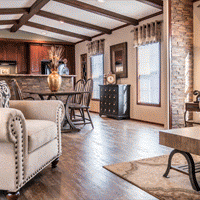
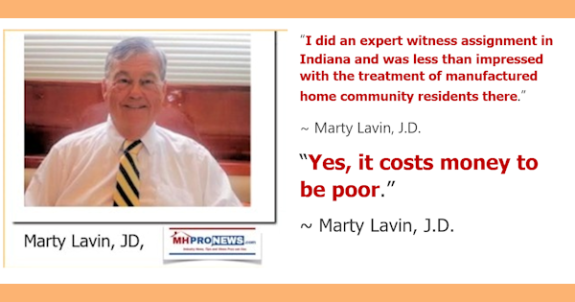
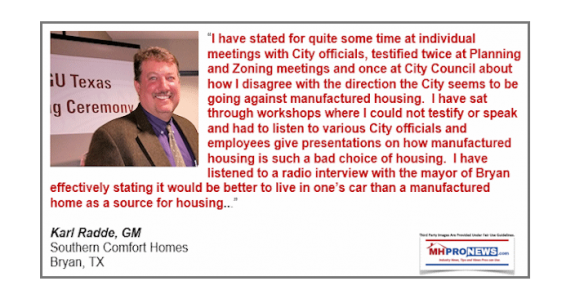
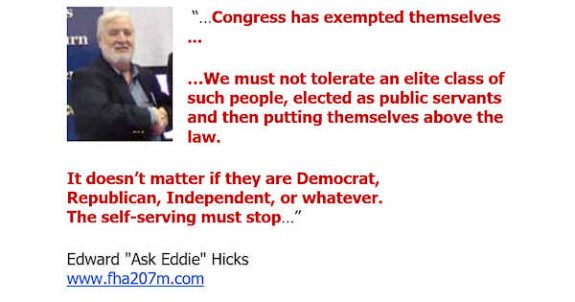
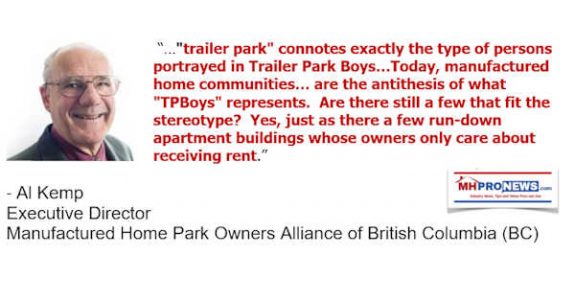
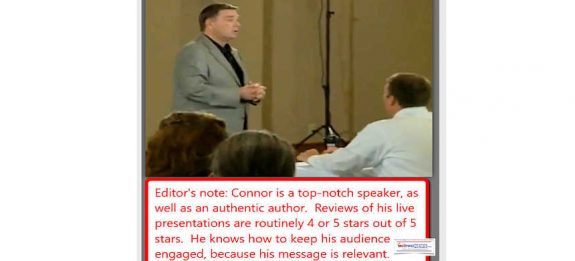
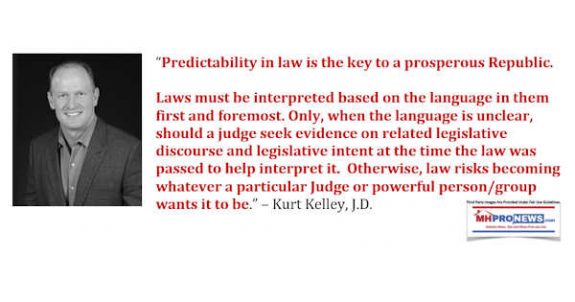
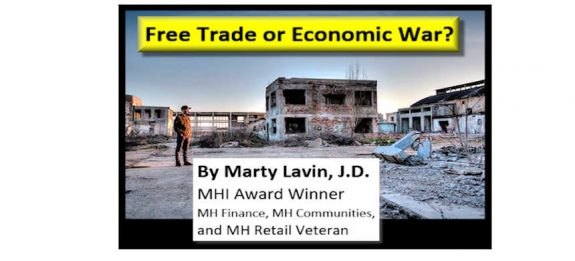
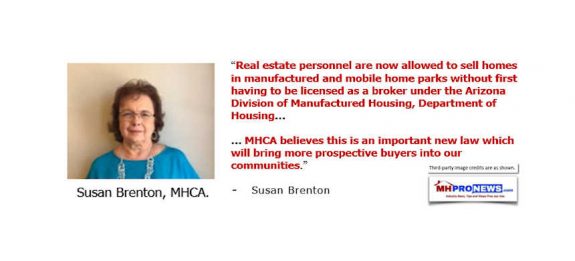
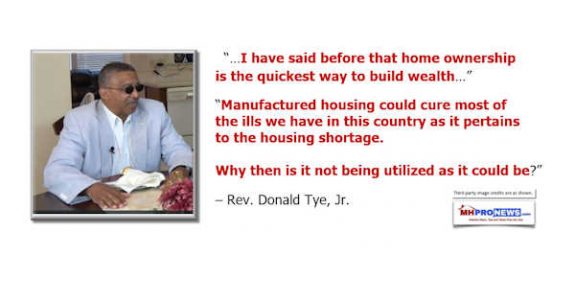
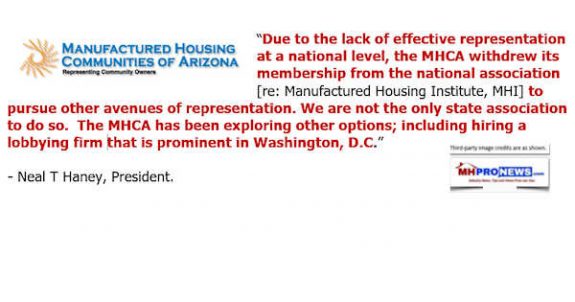

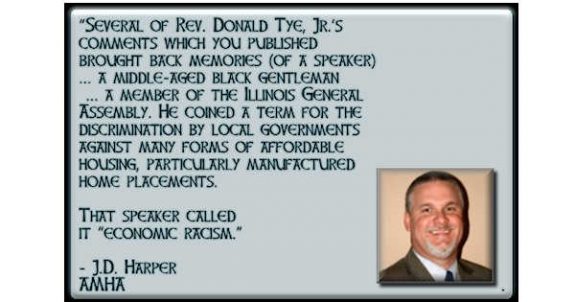
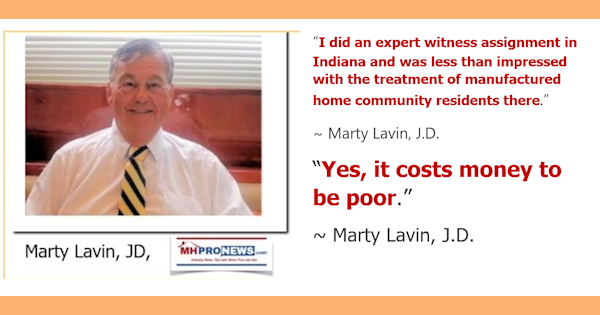
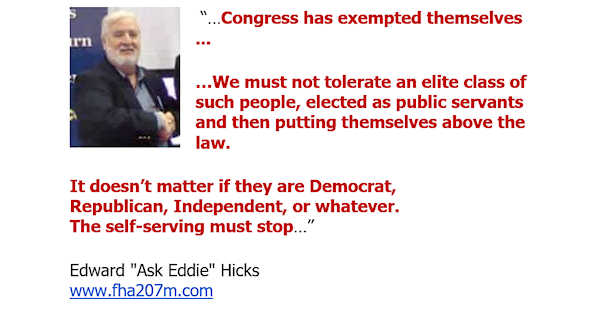
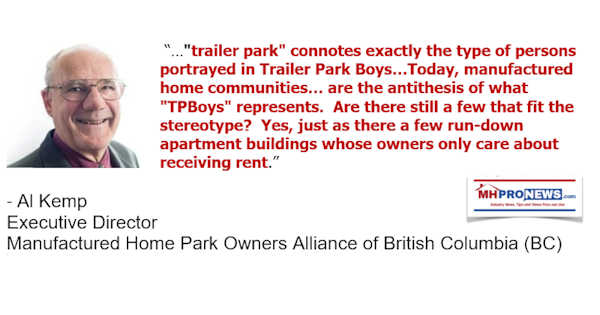
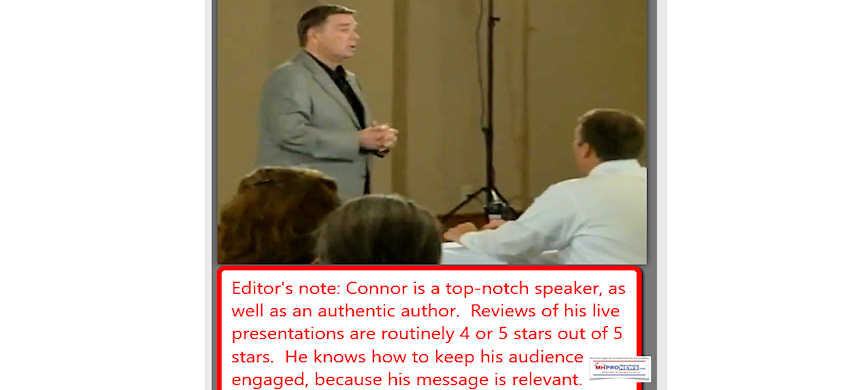
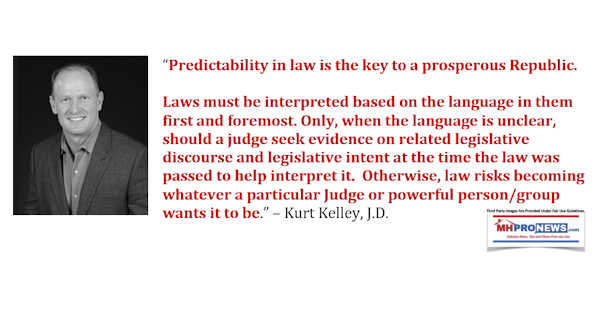
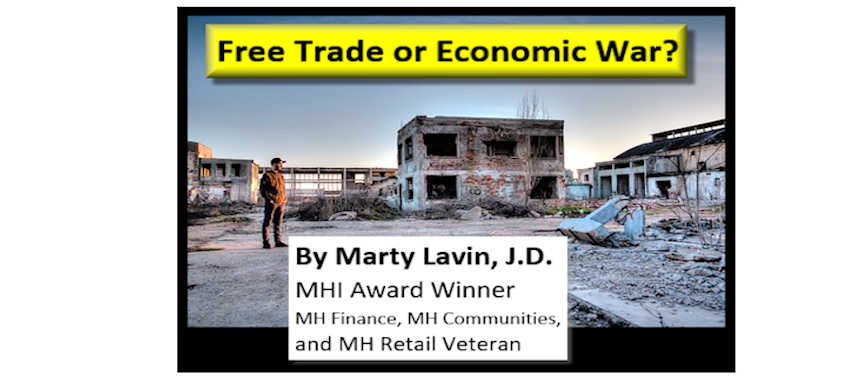
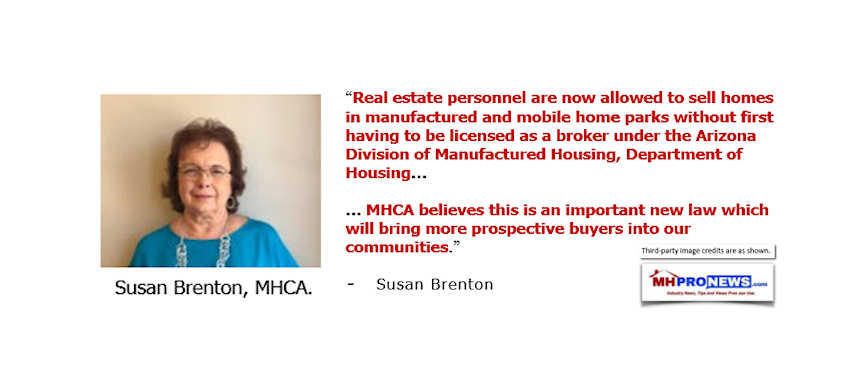
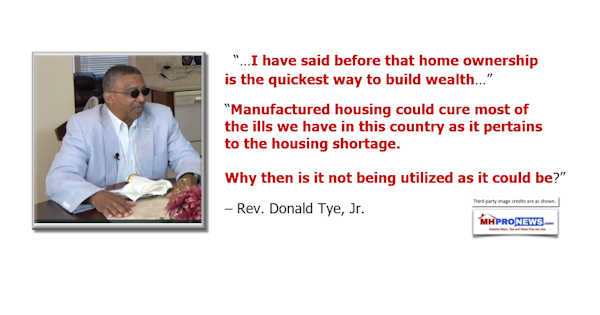
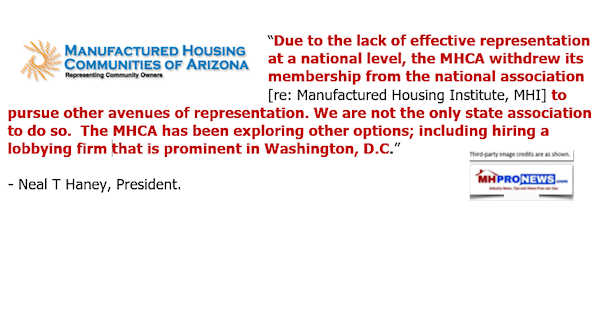

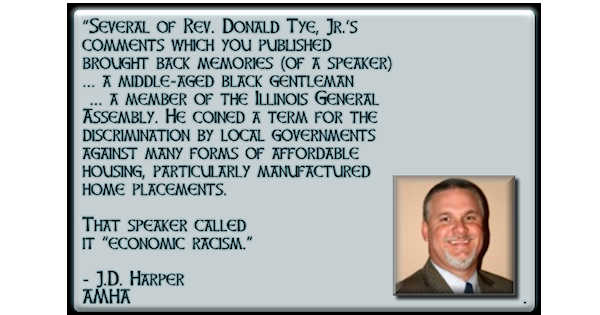
Karl Radde – TMHA, MHI, Southern Comfort Homes – Addressing Bryan City Leaders, Letter on Proposed Manufactured Home Ban
To All Concerned [Bryan City Officials, Others]: As the retail location referenced by Mr. Inderman, I would like to take a moment to address the …